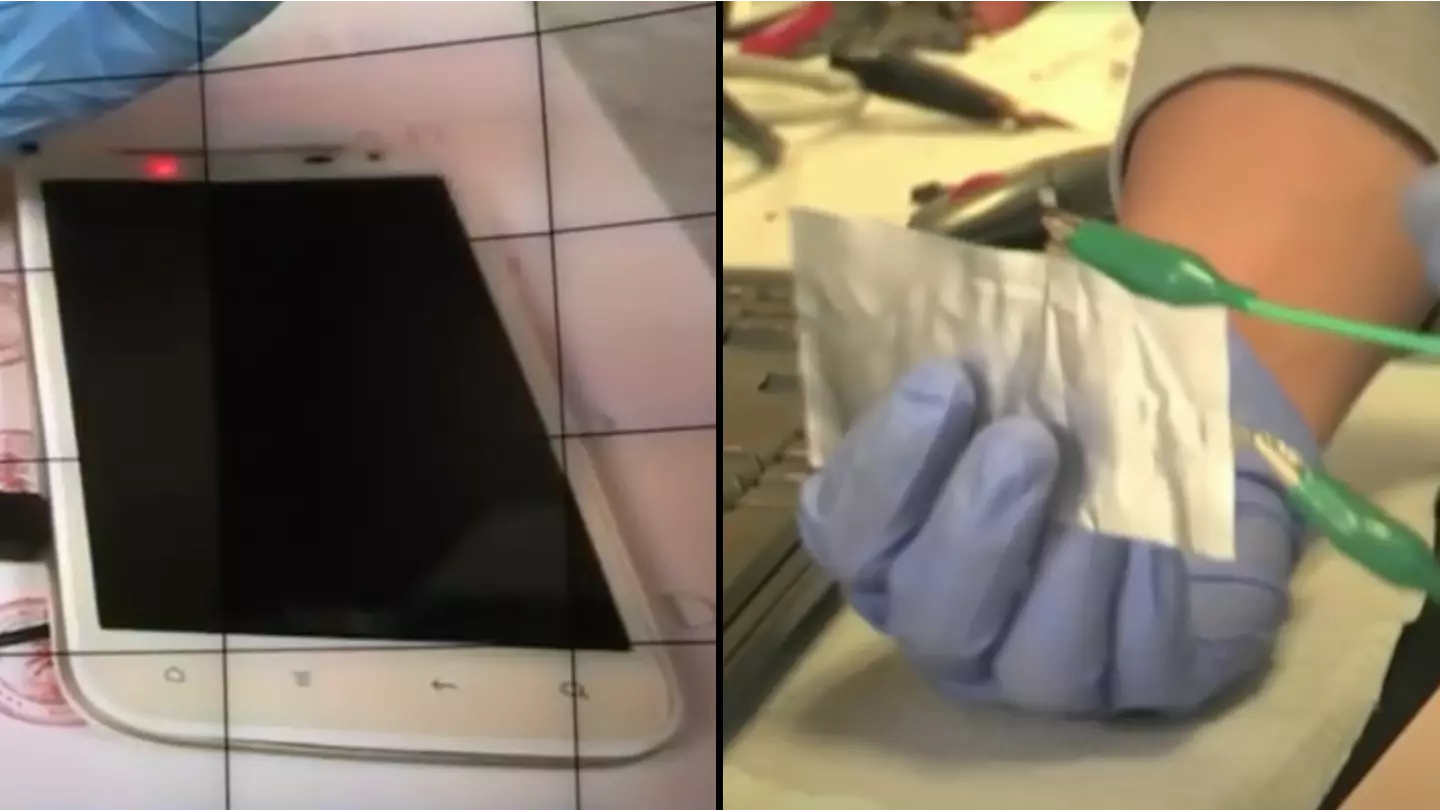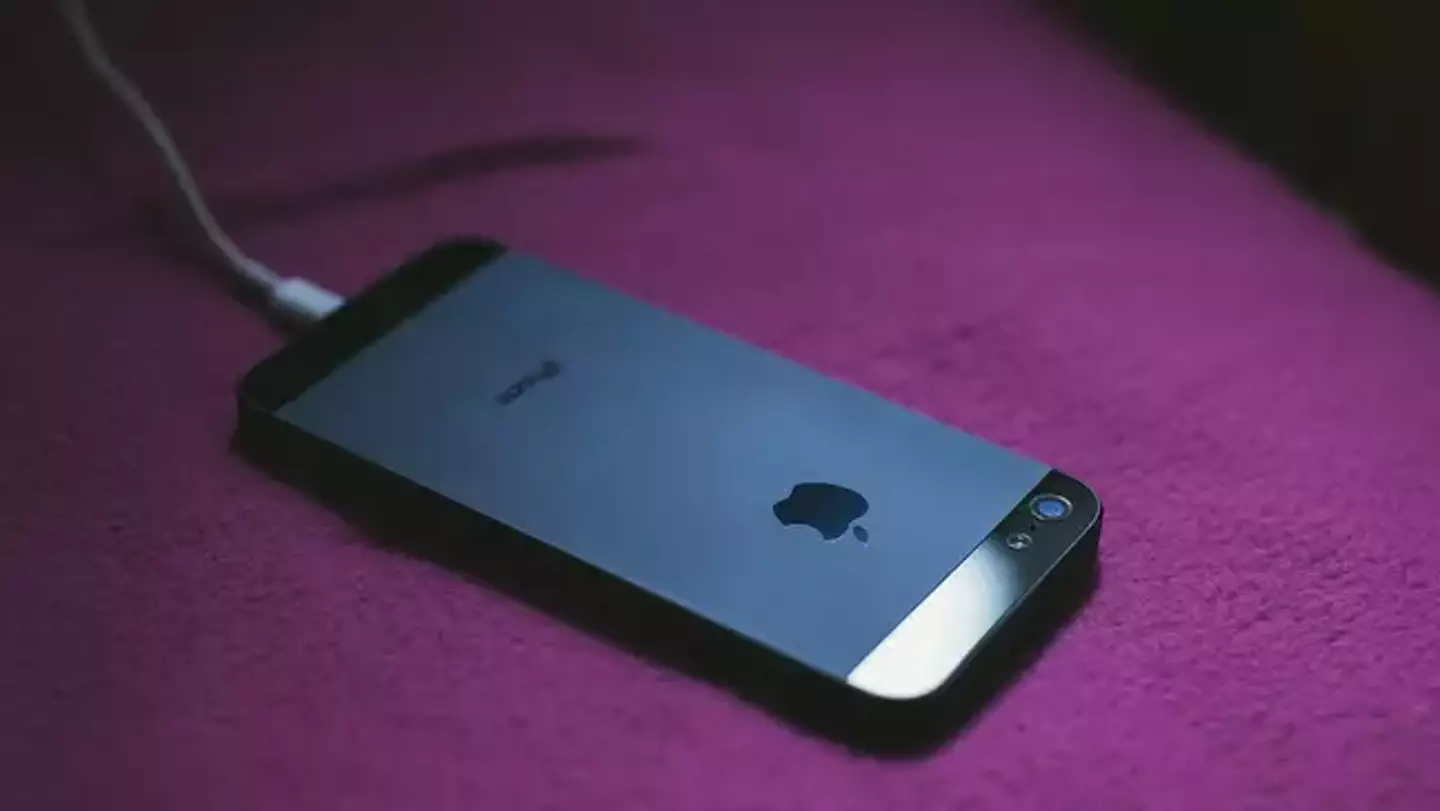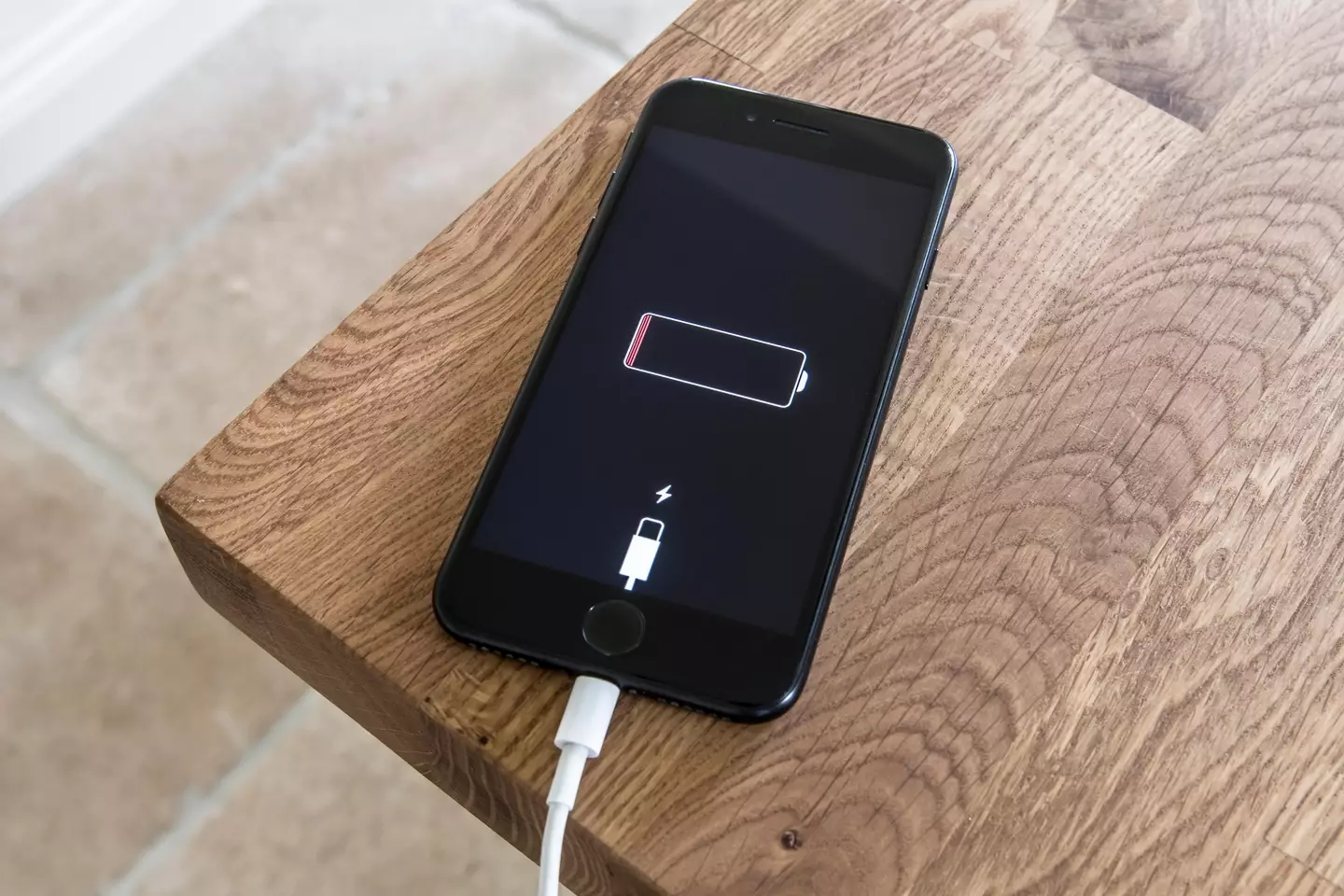
Scientists managed to create a new battery they thought could fully recharge a smartphone in just 60 seconds.
Made with aluminium, they were suggested as a potential replacement for lots of the lithium-ion batteries people have had to deal with over the years, which occasionally have had a bad habit of bursting into flames.
This invention came back in 2015 from a Stanford University team of scientists who produced something that could be used to charge and recharge a phone 7,500 times without fail.
Advert
That was miles ahead of existing aluminium battery technology that could go about 100 charges before failing, while a lithium-ion battery could consistently hit 1,000 in those days.
Professor Hongjie Dai said it was a 'breakthrough' which could result in changing the way consumers bought phone chargers.

"We have developed a rechargeable aluminium battery that may replace existing storage devices, such as alkaline batteries, which are bad for the environment, and lithium-ion batteries, which occasionally burst into flames," the professor said of his invention.
Advert
"Our new battery won’t catch fire, even if you drill through it."
"Millions of consumers use 1.5-volt AA and AAA batteries. Our rechargeable aluminium battery generates about two volts of electricity. That’s higher than anyone has achieved with aluminium."
However, with all of these advantages you might be wondering why we don't all have these 60 second chargers to top up our phones almost immediately.
It sounds great, but lots of portable phone chargers still use lithium-ion batteries, so the market hasn't exactly been taken over by these new batteries.

They're a big market but aluminium is not the king of the castle, and these batteries, which are supposedly revolutionary, sometimes just don't get off the ground in predicted ways.
Advert
In this case, the technology can ultimately end up being more expensive than what we already have, while energy capacity of the battery can also be affected by things like heat and the rate of charge.
On top of that, most people still prefer the good old method of sticking their phone on charge each night and there are plenty of tricks which people have figured out to keep their smartphone battery life up.
Of course one of these tricks is 'put the damn thing down every once in a while', but there's lots of other things you can do to avoid your phone dying on you.
Still, that's not to say that trying to make things better never works. The technology we hold in our hands is improving all the time, even if sometimes the developments feel like more of a nostalgic throwback than anything else.
Featured Image Credit: Stamford UniversityTopics: Technology, Phones, Science
